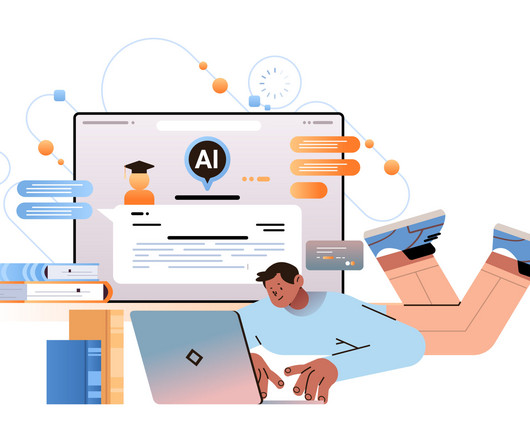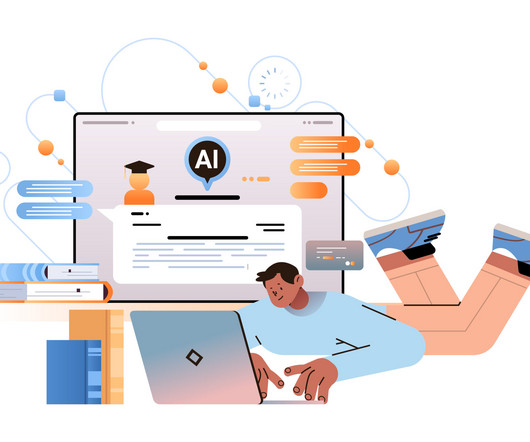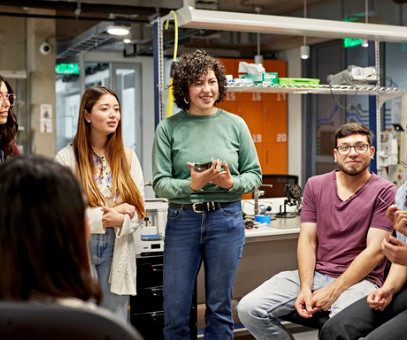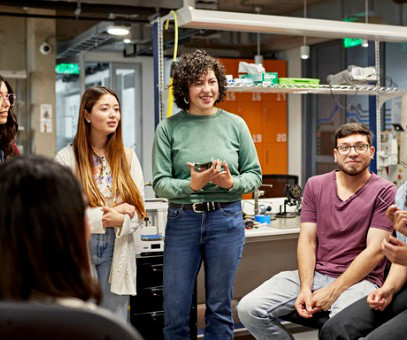Personalized Learning, Global Citizenship: A Framework for the Modern Classroom
k12 Digest
JUNE 23, 2025
Through our “Kindness Everyday” initiative, teachers build routines that promote gratitude, emotional regulation, and peer empathy, often starting the day with check-ins or story-based discussions about real-life ethical dilemmas. Have you had a moment where student feedback or behavior reshaped your approach?



















Let's personalize your content